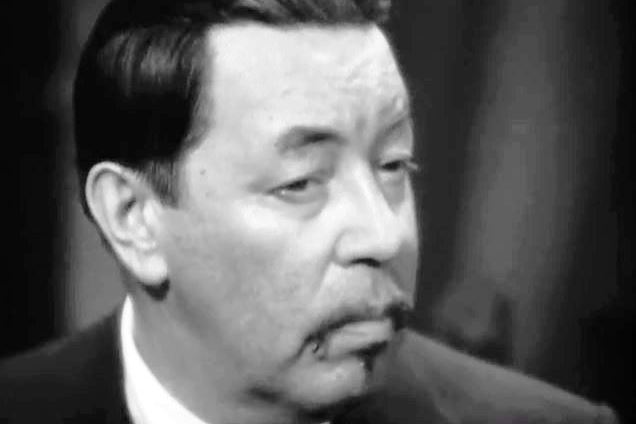Abstract
Of the dozens of Charlie Chan films made in the U.S., only one is set in the fictional detective’s putative homeland. Released in 1935, Charlie Chan in Shanghai makes much of the “homecoming” aspect of Chan’s arrival on the scene, beginning with a characteristically sing-song remark by the grammatically challenged detective: “Most anxious to renew acquaintance with land of honorable ancestors.” The plot, however, unfolds in a fashion typical to the series, which features the peripatetic detective solving criminal cases in a smorgasbord of familiar and exotic locations. Nonetheless, this film casts into relief a contradiction underlying the entire Charlie Chan franchise: Here, a soft-spoken, diffident, and roly-poly “Chinaman” is cast in the role of the classic detective hero in pursuit of a band of white miscreants in the notorious Shanghai badlands. He accomplishes the mission with a minimum of gumshoeing, but evidently a great deal of ratiocination and cunning, all the while disarming and mystifying those around him with his aphoristic circumlocutions.
This article seeks to make sense of the enigma of Charlie Chan by situating him at the intersection of critical legal studies, genre studies, cognitive psychology, and postcolonial critique. It contends that Chan is more than a shameful chapter in the history of American racism and Orientalism, rather a product of the legal Orientalist imagination’s exploitation of a peculiar genre schema of detective fiction. As such, he is a figure of ambivalence, equivocation, and exception. On the one hand, Chan fits the stereotype of the maverick detective who must operate within the penumbra of formal judicial apparatuses—in the zone of the exception—in order to match wits with the master criminal. On the other hand, it is his “race” that reifies the power of the exception, making him the unctuous twin of the insidious criminal mastermind Dr. Fu Manchu. Building on the works of Luc Boltanski, Judith Shklar, Teemu Ruskola, and others, I propose to see Chan as an auratic figure that feeds on the anxiety engendered by law’s inevitable intercourse with the extra-legal and its inadequacy in relation to or non-identity with justice. I invoke two examples from the Chan repertoire, one novel and one film, primarily for the purpose of illustrating my arguments rather than offering new readings of them: The House without a Key (1925) and Charlie Chan in Shanghai.

This work is licensed under a Creative Commons Attribution-NonCommercial-NoDerivatives 4.0 International License.

